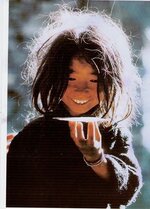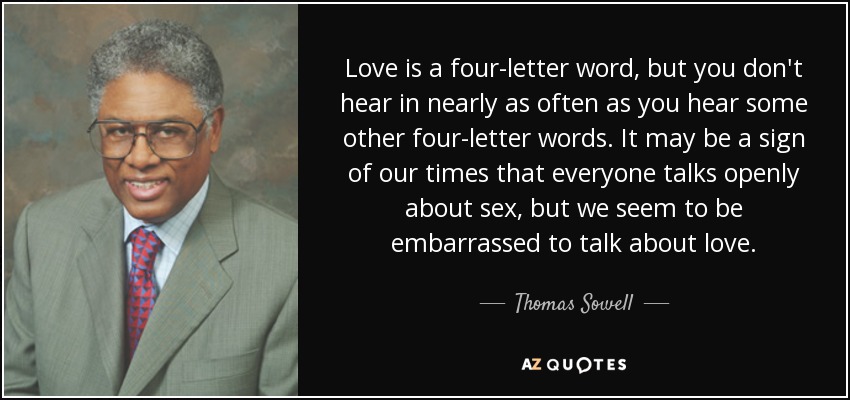Trouble at a school in Florida sparked by effing, blinding and blasphemy in 'The Curious Incident of the Dog In the Night', by Mark Haddon.
I have given this book to a private pupil of mine to read, extra to her English GCSE curriculum activities. I trust her father (a very correct gentleman, Somali) won't be upset but if he is, well, he has asked me to set her reading that will stretch her understanding, and I shall
I will let you know
Here is the article
What do you think? Does it worry you in your own writing, especially for children? I know my own children have taught me words and expressions fit to make my hair stand on end.
Dolpo Child (Source, not sure, think it might be Himalaya, by Eric Valli)

I have given this book to a private pupil of mine to read, extra to her English GCSE curriculum activities. I trust her father (a very correct gentleman, Somali) won't be upset but if he is, well, he has asked me to set her reading that will stretch her understanding, and I shall
I will let you know
Here is the article
What do you think? Does it worry you in your own writing, especially for children? I know my own children have taught me words and expressions fit to make my hair stand on end.
Dolpo Child (Source, not sure, think it might be Himalaya, by Eric Valli)



